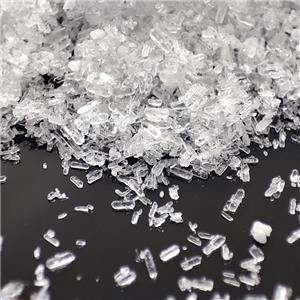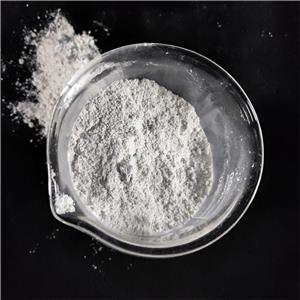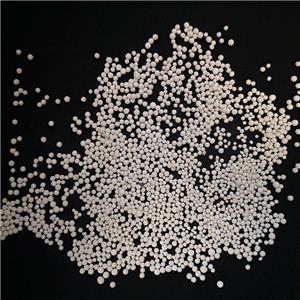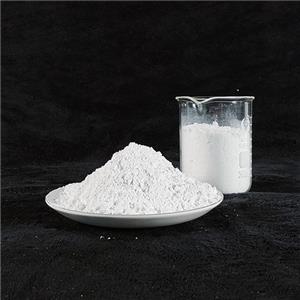What is magnesium hydroxide used in the manufacture of?
1. Antacid and Laxative in Pharmaceuticals
One of the most well-known uses of magnesium hydroxide is in the pharmaceutical industry. It is often used as an antacid to neutralize stomach acid and relieve indigestion or heartburn. Magnesium hydroxide works by reacting with hydrochloric acid in the stomach to form magnesium chloride, water, and carbon dioxide. This reaction helps to neutralize excess stomach acid, providing relief from discomfort. Additionally, magnesium hydroxide is used as a laxative, particularly in the treatment of constipation. It works by drawing water into the intestines, which helps to soften stools and promote bowel movements.
2. Water and Wastewater Treatment
Magnesium hydroxide is widely used in environmental applications, particularly in water and wastewater treatment. It is employed as a flocculant or coagulant to remove impurities, such as heavy metals and suspended solids, from wastewater. When magnesium hydroxide is added to water, it reacts with acids to form magnesium salts, which bind with contaminants and allow them to be removed more easily. This makes magnesium hydroxide an effective tool for treating both industrial and municipal wastewater. Furthermore, it is used in the treatment of drinking water to control the levels of acidity and help maintain water quality.
3. Flame Retardant in Plastics
In the chemical industry, magnesium hydroxide is used as a flame retardant in the production of various plastics, including polyethylene and polypropylene. When exposed to heat, magnesium hydroxide decomposes to release water vapor, which helps to cool the material and suppress flames. As an inorganic flame retardant, magnesium hydroxide offers several advantages over organic alternatives, including low toxicity, environmental friendliness, and high thermal stability. This makes it an ideal choice for manufacturers looking to improve the fire resistance of plastics used in construction, electrical cables, and automotive components.
4. Construction and Building Materials
Magnesium hydroxide is also used in the manufacture of building materials. It is often found in products such as cement and concrete, where it serves to improve durability and strength. Additionally, magnesium hydroxide is used in the production of fire-resistant drywall and other construction materials. These materials benefit from the flame-retardant properties of magnesium hydroxide, which helps to enhance safety in buildings, particularly in regions prone to fires.
5. Magnesium Compounds Production
Finally, magnesium hydroxide is an important precursor in the production of various magnesium compounds. It is often converted into magnesium oxide (MgO) through a process of heating, which then serves as a raw material for the manufacture of refractories, ceramics, and fertilizers. Magnesium oxide itself is widely used in a variety of industries, including the production of steel and glass, as well as in agriculture as a soil amendment.
Conclusion
In summary, magnesium hydroxide is an essential compound used across a variety of industries, including pharmaceuticals, environmental management, chemicals, construction, and manufacturing. Its applications range from neutralizing stomach acid and treating wastewater to improving fire resistance in plastics and building materials. As a versatile and environmentally friendly material, magnesium hydroxide continues to play a critical role in modern industrial manufacturing.




